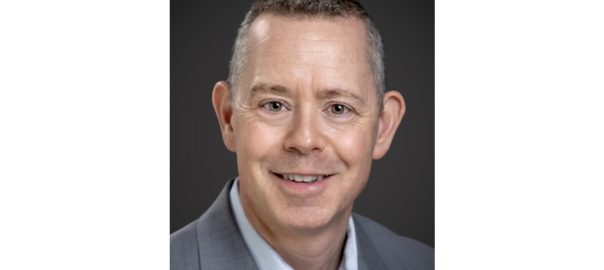
Governor Hochul’s Proposal to Reform the State’s IDR Process Will Help Patients & Taxpayers
If it cost you $100 for your mechanic to change your oil, would it make sense for them to instead charge you $10,000 or more because of a loophole in the law? Wouldn’t it make sense to fix the law rather than continuing to require you to overpay?
That’s what’s happening in Medicaid, where many high-priced providers are exploiting the state’s Independent Dispute Resolution (IDR) process to charge excessive reimbursement rates for patients covered by Medicaid – a program intended for low income and vulnerable people. Governor Hochul’s FY2026 Executive Budget proposes reforming the process.
In 2014, New York adopted one of the first laws in the country to protect patients and hold them harmless from emergency and surprise out-of-network bills. The law included the establishment of the IDR process to resolve payment disputes between providers and health plans. Under the law, an independent arbiter determines whether 1) the provider’s fee or 2) the health plan’s payment is more reasonable for an out-of-network service, comparing the amount charged for the particular service in the same specialty in the same geographical area. In determining the comparison, the arbiter will consider how closely each side’s proposed amount is in relation to the 80th percentile of amounts charged for similar services in that region.
For insurance coverage provided through an employer or the individual market, the IDR process will reflect the rates providers charge the commercial market, but it makes little sense in Medicaid. Patients are already protected from surprise bills and out-of-pocket costs. Additionally, Medicaid’s lower reimbursement reflects that this is a taxpayer-funded program intended to expand coverage to vulnerable populations but the IDR process does not take that into account when determining whether what the provider has billed is reasonable.
This loophole creates an incentive for certain providers to remain out-of-network and charge excessive rates to care for Medicaid patients. Consider a few examples:
- An individual needed emergency back surgery at a downstate hospital, which was performed by an out-of-network surgeon. While the Medicaid fee schedule reimbursed for the surgery at nearly $3,000, the provider disputed the amount, submitting a bill in excess of $566,000 – almost 200 times the Medicaid rate. The independent reviewer determined the surgeon should have been reimbursed over $514,000, which became the ultimate cost to the taxpayers.
- A patient was admitted to a downstate hospital and required spinal surgery due to nerve compression that was causing muscle weakness. An out-of-network orthopedic surgeon performed the procedure, charging over $563,000, well above the Medicaid fee schedule of roughly $1,300. The independent reviewer rendered a decision that the provider was owed over $507,000.
- A downstate neurosurgery group that was out-of-network performed spinal fusion surgery on an individual at an in-network hospital. The Medicaid fee schedule set a rate of $1,757, while the group charged nearly $81,000, with the independent reviewer determining that the neurosurgery group’s requested amount to be more reasonable.
The providers abusing the IDR process aren’t primary care physicians but rather those in high-cost specialties, such as radiologists, anesthesiologists, neurosurgeons, and orthopedists. If these providers have issues with the rates Medicaid reimburses, they should seek other solutions and not misuse state law to get paid more.
By exempting Medicaid from the IDR process, the Governor’s proposal would address the egregious rates some providers charge. This is a sensible reform. It would be an important step to rein in spending, providing savings for the state and taxpayers, while ensuring vulnerable New Yorkers have access to critical services, and should be included in the FY2026 enacted budget.
Eric Linzer is the President & CEO of the New York Health Plan Association
*sponsored content*

